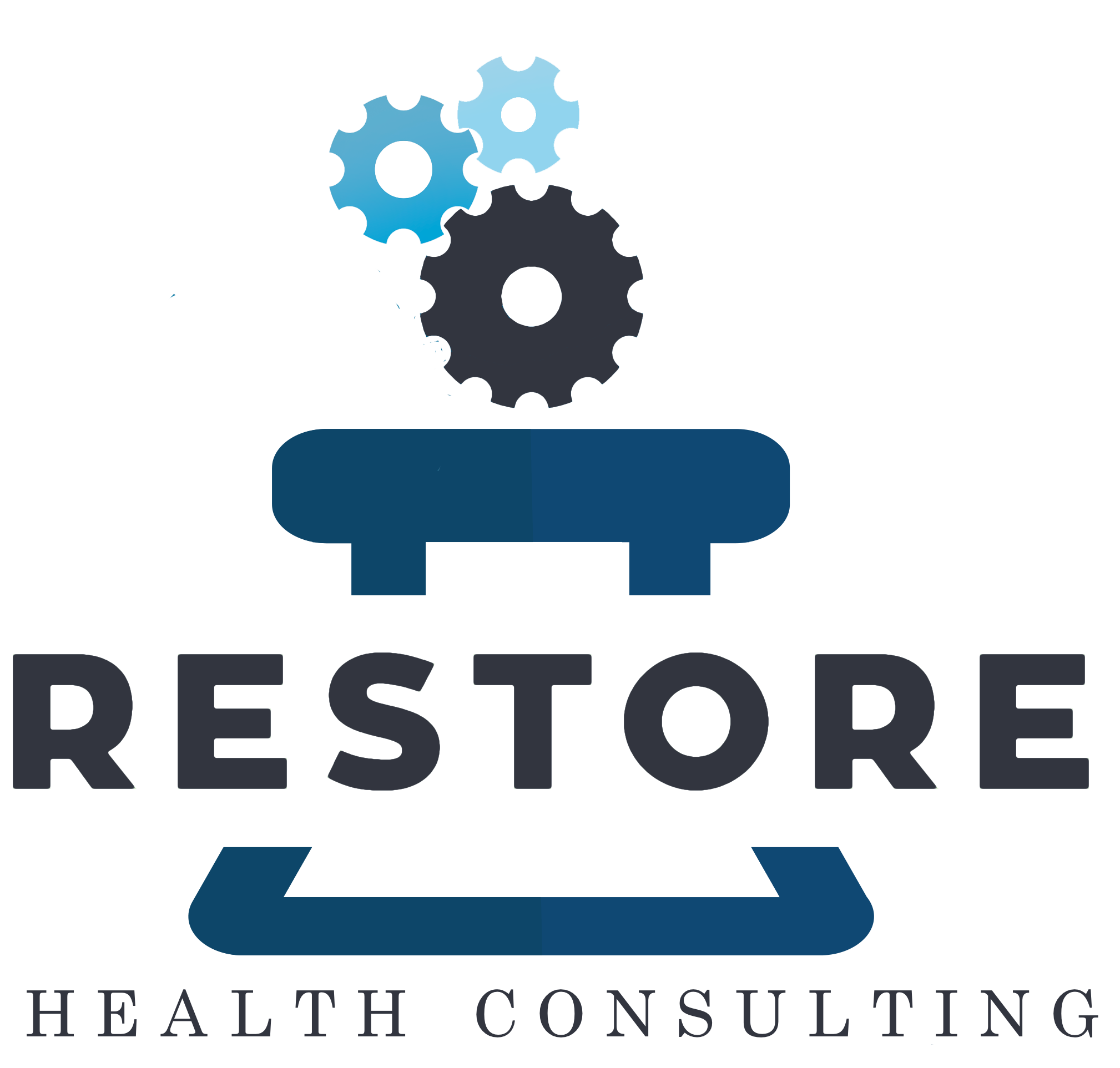The FDA cites 503A pharmacies for insanitary conditions. They’ll also cite entities behaving as a 503B outsourcing facility that do not comply with CGMP. So what are the most prevalent FDA observations facing 503A pharmacy compounders today? How can you prevent your firm from suffering the same fate?
Read MoreA recent report by the Office of Inspector General found most hospitals obtain compounded drugs from outsourcing facilities. Several current hospital compounding needs are cited in the article, revealing key outsourcing facility business strategies.
Read MoreIn December of 2018, the FDA published a current good manufacturing practice guidance document for 503B outsourcing facilities. Then on May 21, 2019, the FDA opened its doors to hear public opinion on how this guidance document would impact office use compound access if made final. One medical specialty in particular will be affected by this guidance.
Read MoreThis month, the FDA published final guidance for the list of bulk drug substances 503B facilities may use in compounding. The FDA decided to remove two substances from the previous version. This is a huge win for Big Pharma and a major loss for the compounding industry.
Read MoreLast week, the Food and Drug Administration announced the release of a revised draft guidance describing current good manufacturing practice (CGMP) requirements for 503B outsourcing facilities. The document provides direction and details as to how 503B’s can stay compliant with the Agency. Are you compliant?
Read MoreMany 503A compounders inspected by the FDA are cited for insanitary conditions. To help 503A pharmacies understand how to recognize insanitary conditions at their facilities, the FDA released an updated draft guidance. Many of the examples cited are stricter than USP recommendations. Is your pharmacy in compliance?
Read More






